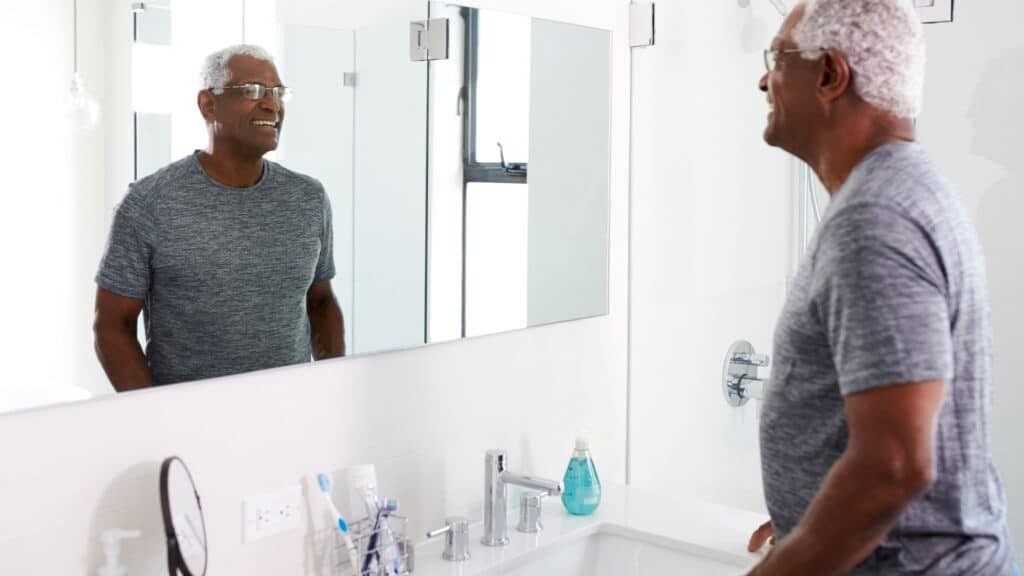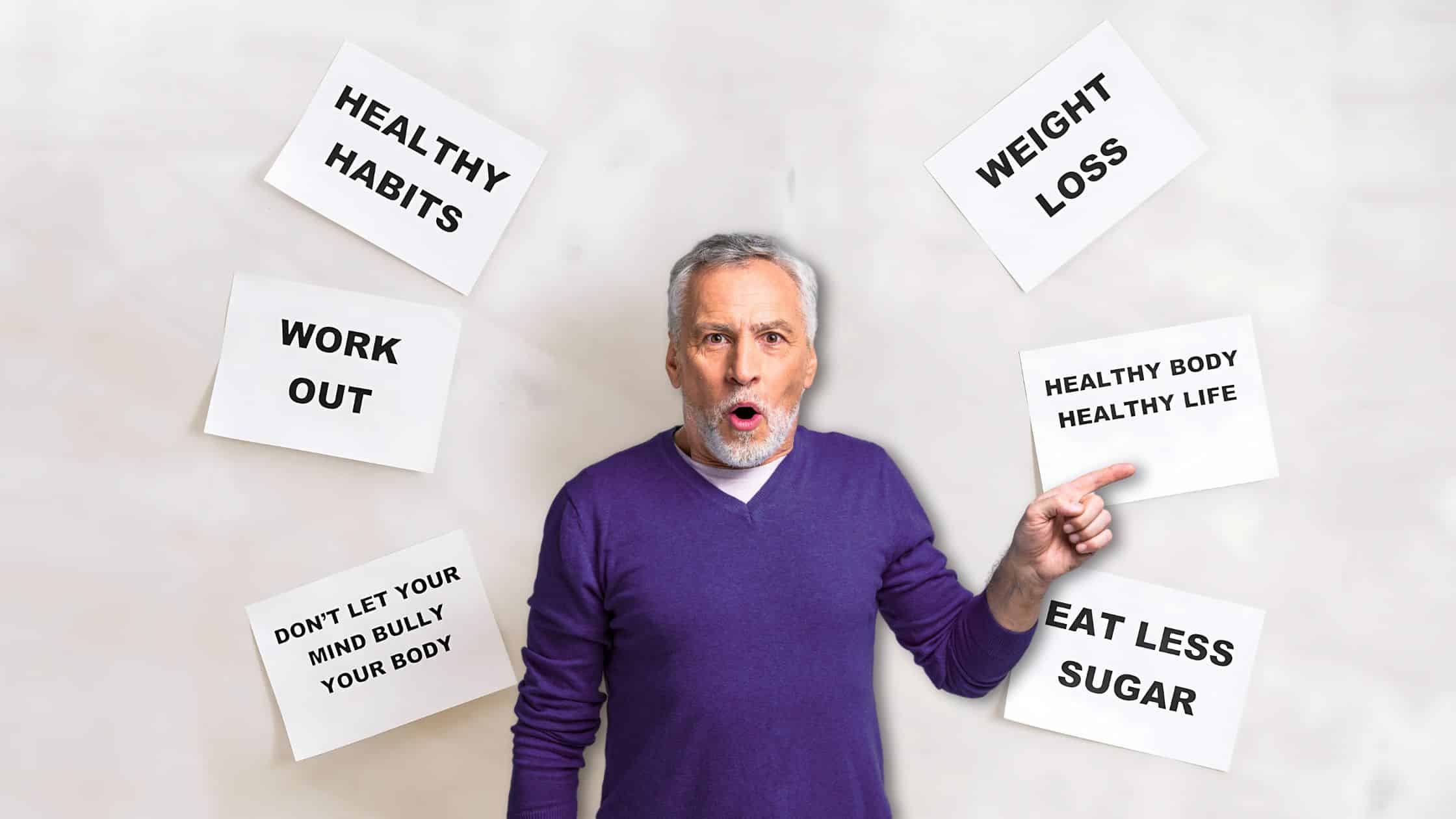Redefining Male Sexuality After 50
Male sexuality after 50 is no longer a taboo topic—it’s a critical part of overall well-being. As men age, their bodies, hormones, and mental health undergo major shifts. But aging doesn’t mean the end of desire or performance. It just means change—and science-backed choices. In this article, we explore the biology behind these changes and how to stay sexually vibrant and confident well beyond midlife.

Hormonal Shifts: Testosterone and Its Role
The biggest driver of male sexuality after 50 is hormonal decline—particularly testosterone. Men begin to experience a gradual drop in testosterone levels starting in their 30s, typically about 1% per year. By the time you’re in your 50s or 60s, that adds up to a 20–30% decrease.
This reduction in testosterone can lead to:
Slower arousal
Reduced libido
Smaller ejaculate volume
Increased fatigue and lower confidence
According to the National Institute on Aging, erectile dysfunction (ED) becomes significantly more common after 50, rising from 3% at age 50 to over 26% by age 70. Testosterone isn’t the only factor, but it plays a crucial biological role.
Physical Challenges: More Than Just Desire
Beyond hormones, the physical realities of aging impact male sexuality after 50 in major ways. Vascular health plays a central role in erectile strength, and as blood vessels age, they lose elasticity. This directly affects blood flow to the penis.
Additionally:
Collagen loss reduces penile firmness.
Medications for chronic conditions like high blood pressure or depression can interfere with sexual function.
Diseases like diabetes and hypertension damage nerves and blood vessels essential for erections.
Think of your circulatory system as plumbing—if the pipes are weak or narrow, the water (or blood flow) just isn’t as strong.
Psychological Impacts: The Silent Factor
Mental health is often the missing link in conversations about male sexuality after 50. Performance anxiety, stress, and negative self-image can create a cycle of dysfunction, even when physical health is relatively stable.
Many men feel shame or embarrassment, which only worsens the problem. Studies show that 82% of men over 80 report lower libido, but much of this is connected to mindset, relationship dynamics, and cultural stigma—not just biology.
Addressing these mental barriers is just as important as treating hormonal or vascular issues.
How to Stay Sexually Healthy After 50

The good news? You can absolutely improve male sexuality after 50 with the right strategies. Here are proven, science-backed solutions that work:
1. Have Morning Sex
Testosterone is highest in the early hours. Leverage this hormonal peak for improved arousal and performance.
2. Try Pelvic Floor Exercises
Yes, men can do Kegels too! Strengthening the pelvic floor improves blood flow and erection strength.
3. Stay Active
Regular exercise boosts testosterone, improves circulation, and reduces stress—key factors in sexual performance.
4. Revisit Medications
Talk to your doctor about adjusting meds that may be interfering with sexual function.
5. Consider Hormone Therapy
Testosterone replacement therapy (TRT) may help, but only under medical supervision.
6. Prioritize Communication
Open dialogue with your partner reduces pressure, strengthens intimacy, and improves satisfaction on both sides.

Embrace the Evolution of Male Sexuality After 50
Male sexuality after 50 isn’t a decline—it’s an evolution. While aging brings real biological changes, it also brings wisdom, deeper connection, and new forms of intimacy. With the right knowledge, men can continue to lead fulfilling, sexually vibrant lives for decades to come.
Your body changes—but your potential doesn’t disappear. Stay informed. Stay connected. Stay empowered.
Related Reading
- Why Men’s Health Is Important
- Why Mindfulness for Men Over 40 Boosts Longevity and Aging Well
- The 8 Health Issues That Most Men Don’t Want To Talk About






